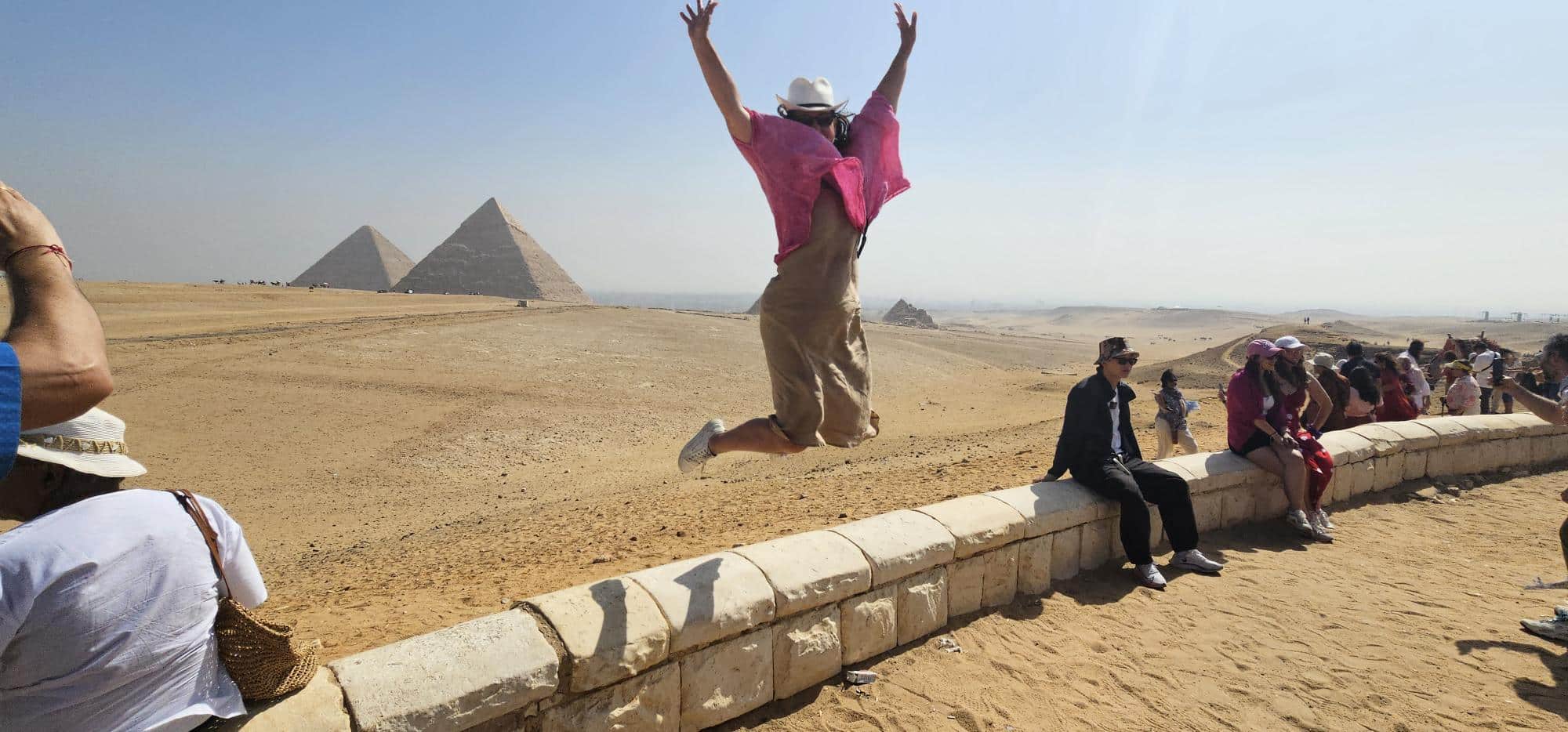Worldwide concern about Coronavirus continues to grow, the financial markets are in freefall, and governments across the globe have taken unprecedented measures to close borders and impose quarantine periods. Tourism has been hugely affected and the only travel that people are doing right now is repatriating back home.
The impact of Covid-19 is being felt across the world, and it’s no different when it comes to Africa’s conservation efforts.
Conservationists have warned of the risk to Africa’s already critically endangered mountain gorillas. Read more in this article from the ABC here.
The African Wildlife Foundation (AWF) is on the frontline in the battle to protect Africa’s wilderness and wildlife. Its CEO, Kaddu Sebunya, acknowledges that 80% of annual sales of trips to Africa are mainly for wildlife watching, which have boosted the economies in wildlife-rich areas in the continent. However, he says, “your well-being comes first. Africa needs you to be well to champion for her wildlife and wild lands.” Check out his full statement in the video below, in which he makes it clear that the AWF – and all of us – will have to work even harder post-coronavirus.
We live in hope though, that one animal, in particular, may benefit from this pandemic. It’s the very animal that scientists say may have passed the virus to humans: the pangolin (although, let’s be clear: animals do not cause the transfer of the coronavirus to humans themselves; COVID-19 was transferred by human interference with the animals). For years the pangolin has been high on the wanted list in the illegal animal trade; a rapidly growing, multi-billion-dollar enterprise. This article hints that the pangolin’s potential link to the coronavirus may make it less sought after in the world of wildlife trafficking and wildlife consumption – let’s hope that this is the case and population numbers of this magnificent creature can start to increase.
There can be similarities drawn between Covid-19 and climate change. “Both demand early aggressive action to minimise loss. Yet it’s only in hindsight that we have begun to really understand what we gambled on and what we lost by not acting early enough” said climate scientist, Kim Cobb. Read more here.
To prevent the next coronavirus, it’s absolutely critical that we cease wildlife trade around the world. If we don’t, global disease outbreaks will become commonplace and the new norm. Is that how you want to live? Read a fascinating article that sheds more light on the matter here.
And finally, to prevent pandemics like Covid-19 we absolutely 100% have to take care of nature. By giving nature space we could help curb future disease outbreaks according to a world-renowned ecologist. Take a look here.
And how could corona virus affect the fight to stop climate change? Read about that here.
